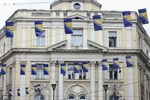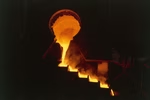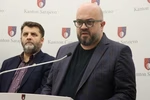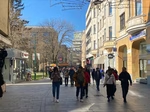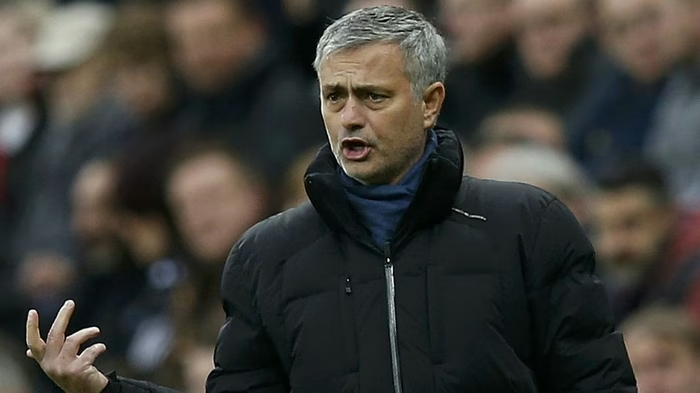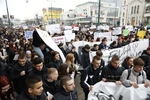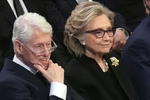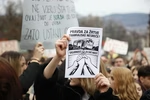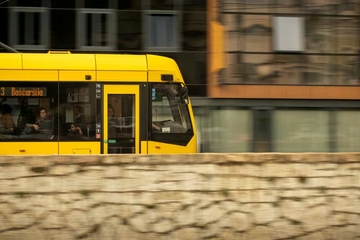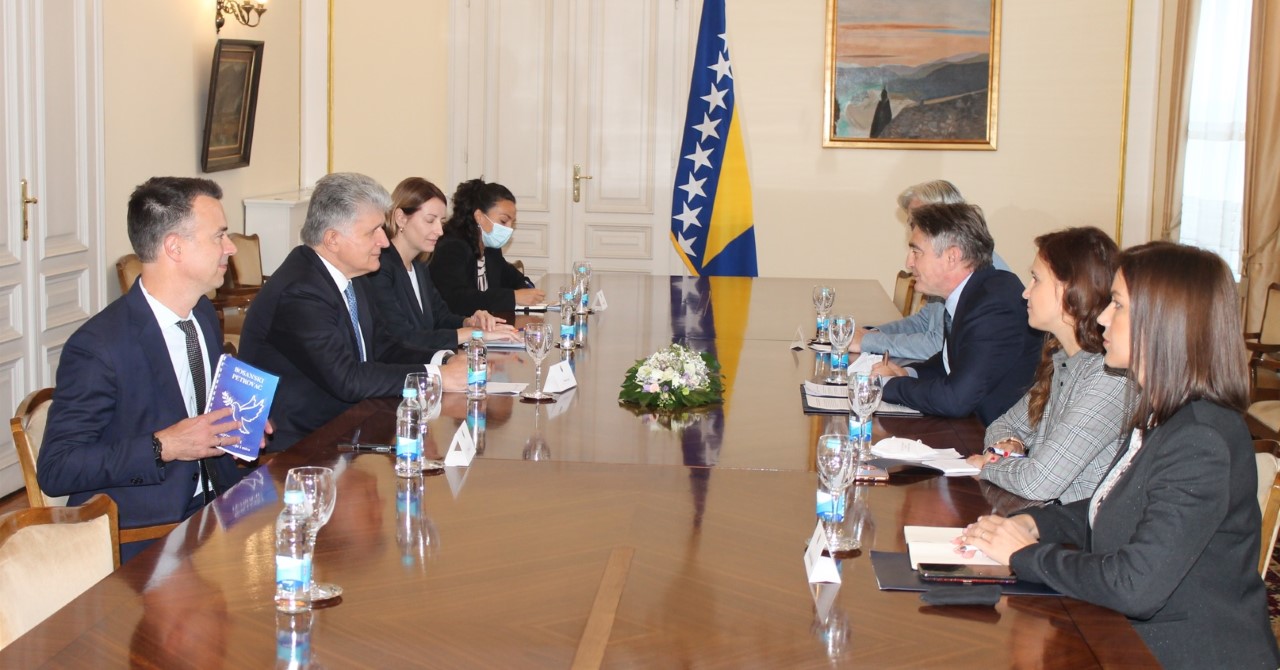
Bosnia’s Presidency members separately spoke to UN Department of Political Affairs Assistant Secretary-General for Europe, Central Asia and Americas, Miroslav Jenca, about the political crisis and presented completely different views on who is to blame for it.
Jenca spoke to the three BiH Presidency members amidst a major political crisis over announcements of one of the members, Milorad Dodik, who said the semi-autonomous Republika Srpska (RS) entity will start unilaterally taking back competencies that were transferred to the state throughout the years following the 1995 Dayton Peace Agreement.
Dodik, who is also the leader of the ruling party in the RS entity, told Jenca on Wednesday that the UN should increase its presence in the country due to “an increase in distrust in certain representatives of the international community” who are there now.
The Bosnian Serb political leader stressed that Republika Srpska only insists on full respect for the BiH Constitution.
The crisis started after the former High Representative in Bosnia, Valentin Inzko, used his special powers as BiH’s international administrator to impose a law banning genocide denial in the country.
In response, RS political parties decided to withdraw their representatives from state institutions, effectively blocking them. The RS National Assembly also decided to reject the law, while Dodik said RS police would prevent BiH state police from acting in accordance with it on RS territory.
Meanwhile, German politician Christian Schmidt took over the office of the High Representative, but Dodik said the RS will not accept his authority, arguing that he was appointed to the post illegitimately.
The genocide denial ban remains in place, and meanwhile, Dodik started saying that the RS will start setting up parallel institutions to those at the state level. Any institutions that are not strictly defined as those of the state in the original Dayton Agreement will be transferred back to the entity, he said.
This includes the Armed Forces and state judicial institutions, which Dodik wants to see disappear.
According to a statement from Dodik's office, he told Jenca that "the situation in BiH has been unstable for a long time due to the imposed decisions of foreigners, but that it is peaceful, and that the Republika Srpska will not make any move that could endanger peace."
The other two Presidency members who spoke to Jenca a day earlier, however, put the blame of the political crisis on the recent actions of leadership in Republika Srpska.
The Croat member of the Presidency, Zeljko Komsic, told Jenca that the current situation in the country represents “the greatest crisis since the Dayton Peace Accords were signed in 1995” and argued that “the rhetoric of certain political actors is reminiscent of the early 1990s.”
Komsic stressed that it is necessary to make all efforts in order for the constitutional and legal system in BiH to be functional and that any “conflict should be avoided with a legal approach.”
According to the statement by Komsic’s office, Jenca expressed concern about the political crisis and said the UN is prepared to help in resolving the problems in order to prevent any incidents.
Komsic’s and Dodik’s Bosniak colleague in the Presidency, Sefik Dzaferovic, told Jenca that the formation of additional state institutions other than those stated in the Dayton Peace Agreement was conducted in accordance with the rules stated in that agreement, with the consent of everyone in BiH and support from the international community.
He argued that any attempts to roll back these decisions would endanger peace in BiH, as well as the region.
Kakvo je tvoje mišljenje o ovome?
Učestvuj u diskusiji ili pročitaj komentare





 Srbija
Srbija
 Hrvatska
Hrvatska
 Slovenija
Slovenija










